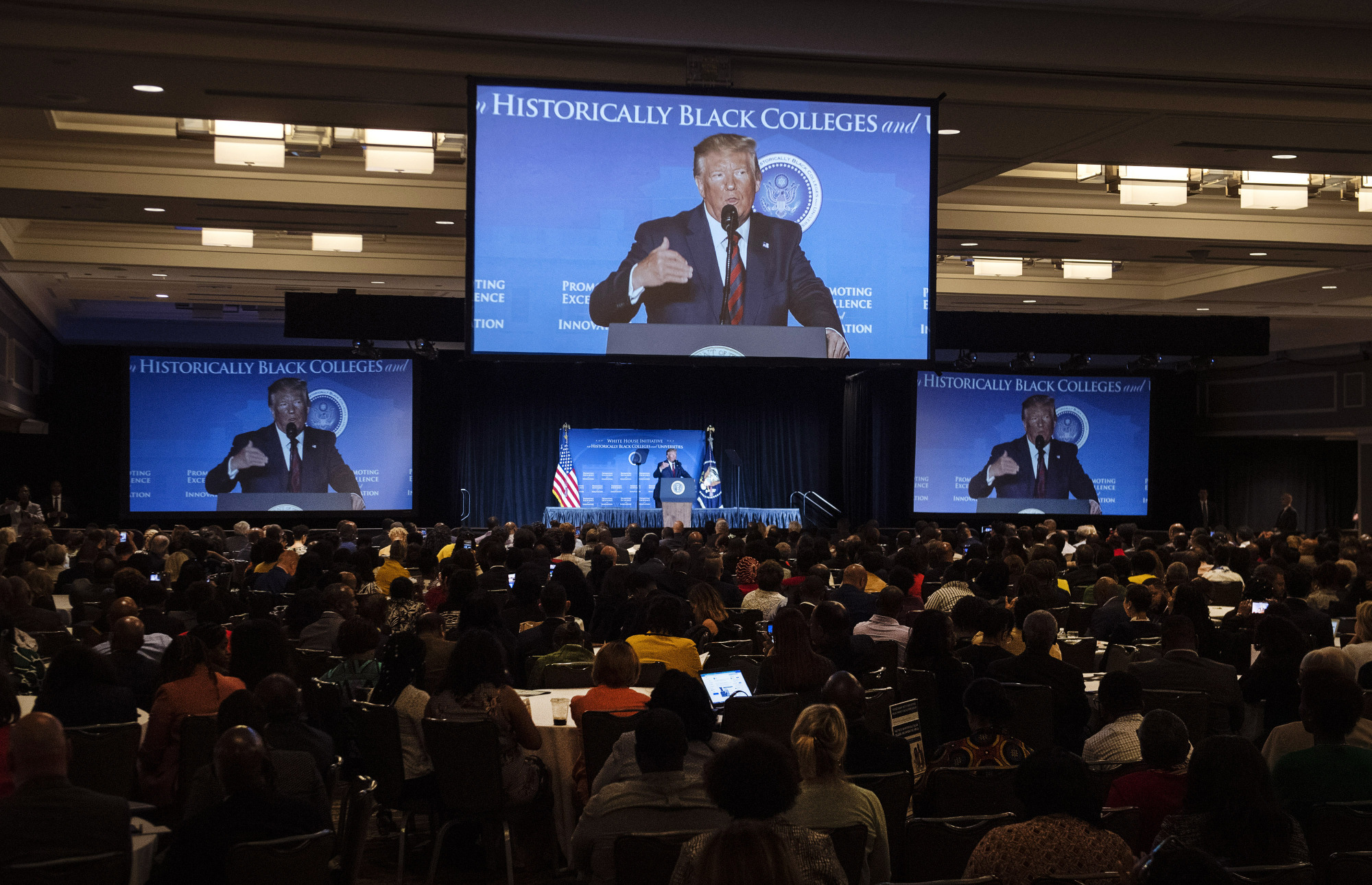President Donald Trump's decision to part ways with his national security adviser, John Bolton, was overdetermined. They disagreed on Afghanistan. They differed on North Korea. There was tension between them over Venezuela. They couldn't even agree on whether Bolton quit or was fired.
Their most significant dispute, however, was on Iran. Bolton favored completely abandoning the 2015 nuclear deal negotiated under former President Barack Obama and pressed for maximum pressure on Iran's leaders. Along with Secretary of State Mike Pompeo, Bolton helped persuade Trump earlier this year to retain a U.S. military presence in Syria to counter Iran's Revolutionary Guard Corps.
Trump has supported maximum pressure, but he has also flirted lately with diplomacy. At the Group of Seven meeting in France last month, the president pared down his administration's initial 12 conditions for lifting sanctions on Iran to just three. While he has always left the door open to talks, Trump has been musing about this idea more openly and more frequently. It nearly happened at the G-7, when Iranian Foreign Minister Javad Zarif was invited to the summit by French President Emmanuel Macron. Bolton, senior U.S. officials told me, learned about his visit from the Israelis.



















With your current subscription plan you can comment on stories. However, before writing your first comment, please create a display name in the Profile section of your subscriber account page.